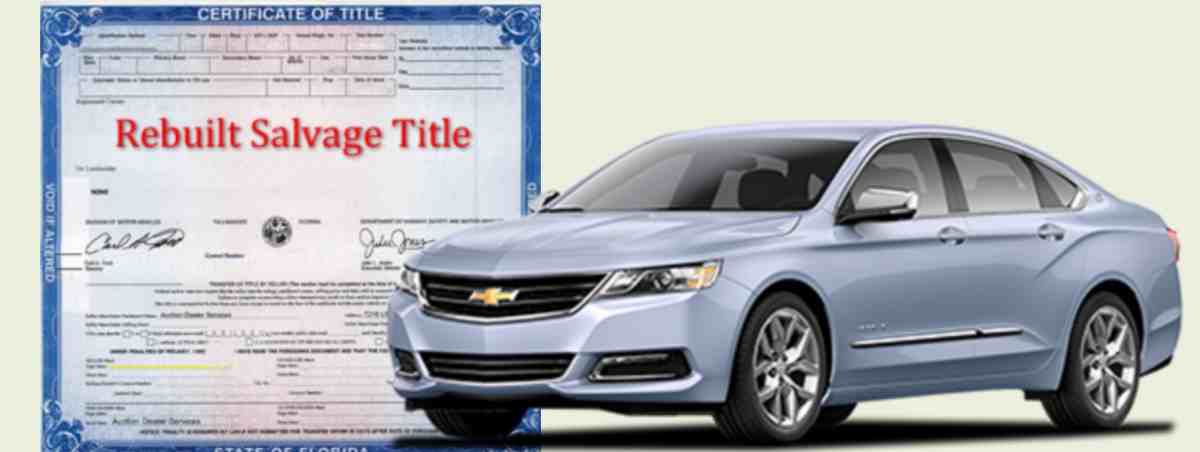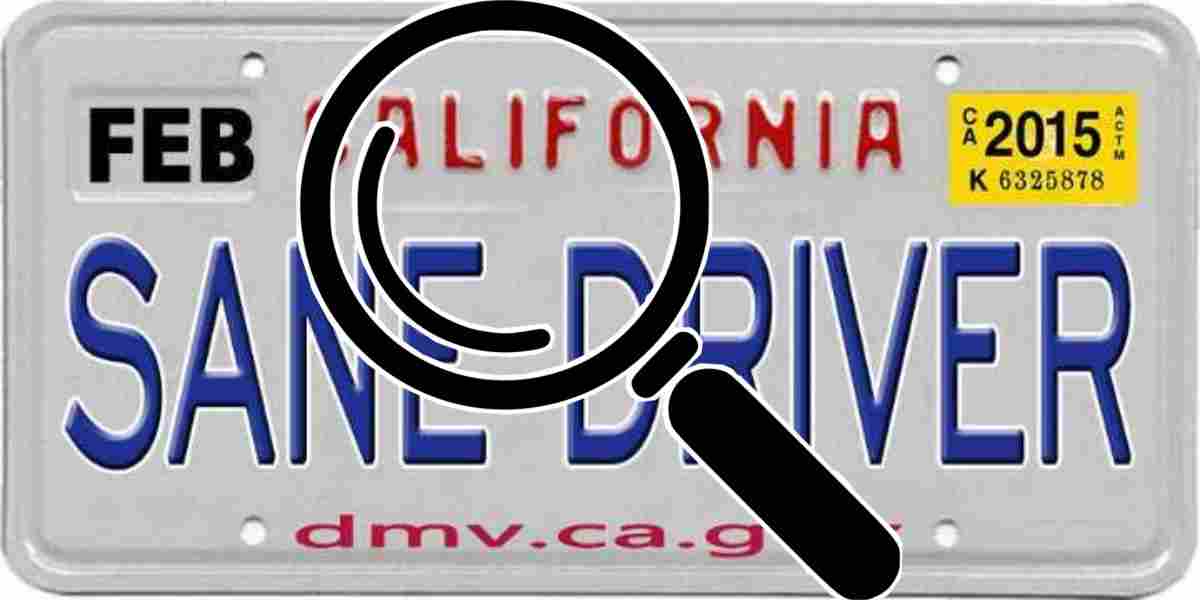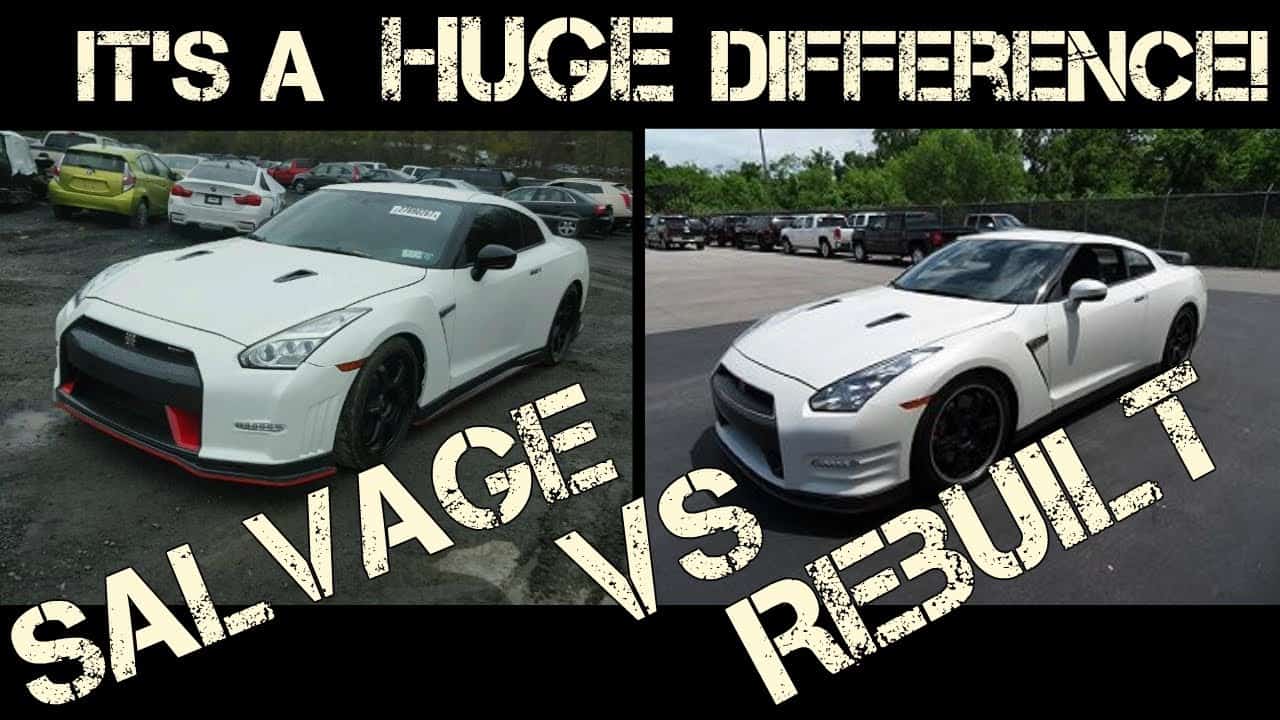You can transfer your private property to an LLC (Limited Liability Company). Thus, this article explains the steps regarding how to transfer a private vehicle to an LLC.

To transfer your private car to an LLC, establish an LLC, discuss the decision with your lender and insurance, and complete the paperwork/registrations at your local department of motor vehicles.
An LLC protects you from being liable for the debt of your business. You will also avoid negative tax consequences and other formalities of the business.
How to Transfer a Private Vehicle to an LLC
An LLC is a legal entity, so it allows you to own a car like personal property.
Below are the steps regarding how to transfer a private vehicle to an LLC:
-
Start an LLC
The first step to move your private vehicle to an LLC is to have an LLC that complies with your state laws. Refer to your state’s website for the steps and typical requirements to start an LLC.
Starting an LLC will require you to file articles of organization with the filing agency in your state. Of course, this comes with a fee. We can assist you to get the correct resources for your state, use the comment section.
Some states mandate you to publish a newspaper notice reporting your LLC establishment. A legal service provider can complete this process, or you do it personally.
-
Discuss with your insurance company
Get in touch with your insurance agent for advice. The agent will state the possible insurance ramifications involved in transferring your personal vehicle to an LLC.
In most cases, the cost of your business increases. A typical insurance company equates your liabilities in personal usage lower than business usage.
If transferring your personal vehicle to LLC is cost-prohibitive due to insurance premiums, you can keep it in your personal property. Make sure the LLC puts a friendly lien on the title of the car. The friendly lien you place on the personal car is a contract showing that the car has loan terms with the LLC but without payments until the LLC demands.
You can find a friendly lien sample via some online legal form providers.
-
Inform your lender

If there is a lien on the vehicle, your lender must be aware of your plans to transfer it to an LLC.
If they disapprove of the request, then you cannot transfer the car to an LLC until you pay off the debt to remove the lien.
-
Get the title transfer form ready
Prepare the title transfer form. You also need a bill of sale to transfer the private vehicle to an LLC.
A bill of sale shows the transaction details of the vehicle. You can follow this guide to know what a bill of sale looks like. Also, a bill of sale is always provided by the seller, containing the seller’s and your address and signatures.
The LLC will apply to the county treasurer or department of motor vehicles to obtain a new title certificate. This time around, it is not going to be under the name of a private party.
Nonetheless, you will represent the LLC to handle the registration paperwork. Any member of the LLC can also complete the registration but in the company’s name.
The department of motor vehicles will provide all the needed information to transfer the private vehicle to an LLC. Ask questions to ensure you are on the right track.
-
Apply for the transfer of title
Submit your completed paperwork to the department of motor vehicles, including your proof of insurance, bill of sale, and a valid ID. Of course, you will pay a fee to complete the paperwork.
-
Paying the sales tax
Depending on your state laws, the LLC may pay sales and use tax on the car. Check with your local state comptroller’s office, department of motor vehicles, or their website to determine if your LLC will pay sales tax on the car.

In Tennessee, for instance, if you form an individual single-member LLC, you will not pay sales tax if you transfer a private vehicle to the single-member LLC. However, you must be the sole member of the LLC, so it has to be a ‘single-member LLC’.
If you are not a sole member of a single-member LLC, you have to pay the sales tax after transferring the car.
If you are a member of an existing LLC, you will pay sales and use tax on the car you are transferring from private ownership to the business. However, you do not pay sales tax on the vehicle if it is a single-member LLC disregarded as a separate entity for the purposes of federal tax.
You do not pay sales tax when transferring a private car to a business from an individual owner’s name to a sole proprietorship. You do not also pay sales tax when transferring your sole proprietorship car back to private ownership.
You do not also pay sales tax if you change the structure of your business to a corporation.
However, if you transfer a vehicle as a partner with the partnership, you will pay sales tax on it. But if the vehicle transfer is due to an automatic partnership dissolution of three or partners, you do not pay sales tax on the car.
By the way, here is a trick to completely avoid paying sales tax after buying a car.
Should I put my cars in an LLC?
You should put your cars in an LLC if necessary. When your car is in an LLC, the applicable lawsuits will have similar limitations as any legal actions against a business. This protects your vehicle, especially if the LLC is well-formed and structured. You may also enjoy potential tax advantages for having a vehicle as your business asset.
Final Thoughts
Before you establish an LLC for transferring a private vehicle to it, ensure to the IRS rules and limitations on business vehicles. As mentioned earlier, there is a potential tax advantage but you have to understand how it works.
Meanwhile, make sure you prepare an operating agreement that explains how you intend to run your business.


